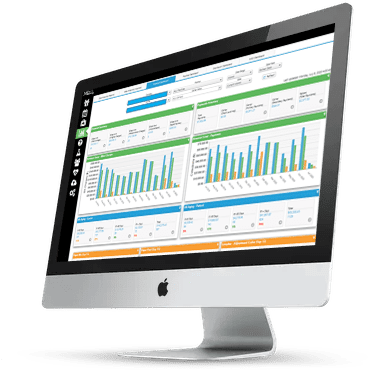Patients who received care under the pandemic’s Acute Hospital Care at Home program had a low mortality rate and minimal complications related to escalations back to the brick-and-mortar hospital, according to a CMS research letter published in the Journal of the American Medical Association Healt
Despite some challenges, the financial picture for health plans remains stable as the year comes to a close, finds a new report from Moody’s Investors Service.
The Spanish startup won the HIMSS23 Europe Startup PitchFest and is in conversations with hospitals in France, UK, Italy and Germany, says cofounder Carmen Pauline Rios Benton.
The proportion of self-pay patients began increasing for emergency department, hospital and primary care visits in April, when states could start terminating Medicaid coverage for patients who no longer met requirements following the COVID-19 pandemic, according to a study from Epic Research.
The Digital Health Indicator is a good assessment to know what’s been achieved and what needs improvement, says Dr. Chien-Tzung Chen, superintendent of Chang Gung Memorial Hospital.
Elsemieke Hackenitz, Direct Diagnostics CEO, says that her company’s focus has shifted from direct-to-consumer products to B2B solutions and products for healthcare professionals.
Smaller hospitals are having to make financial resource decisions between cybersecurity and investment in patient care devices such as CT scanners, says Wes Wright, chief healthcare officer of Ordr.
Tenet Healthcare Corporation wants to sell three South Carolina hospitals to Novant Health for approximately $2.4 billion in cash, or after-tax proceeds of $1.75 billion.
Cedar announced earlier this year a collaboration using Google Cloud’s generative AI tools to assist patients in understanding and resolving their healthcare bills. Cedar is preparing to deploy AI tools in the market by early next year.
Identifying the right people who understand the correct process is critical, says Gajendira Sivajothi, group director of eHealth at Thomson Hospital Kota Damansara, Malaysia.

